
Living with a terminal disease
with Patrick Leenheers
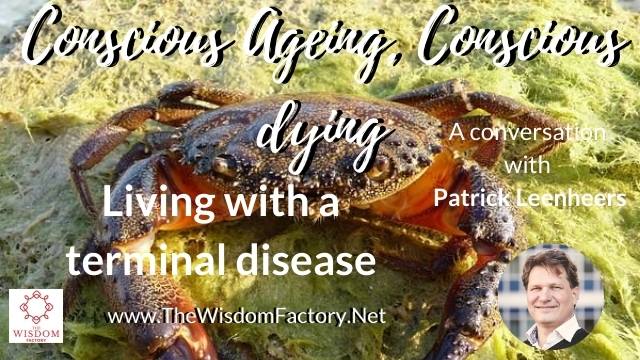
A Passing
In waking dark
at three o’clock o’morning
When earth would sing
It’s silentest of songs
I sat with you to bed
The candles lit and
music playing
A who-man
Letting body go
For unrestricted soul.
Then’s when I heard
The ever witnessed
Loudest silent cry
The farthest, closest
Separatst together.
The holding hands.
The me crumbling apart.
The you becoming whole.
HEIDI´S INTRO
Cancer is the number one illness nowadays. Everyone fears to get it, because we believe it to be a death sentence. In almost every family there is somebody who died of cancer or who was lucky to survive it. And if we, ourselves, are confronted with it, we are definitely forced to think about life and the inevitability of dying some day, sooner or later.
When we survive cancer, we often grow up into a different stage of awareness, into appreciation of life and what it is offering to us. We become more aware of where to invest our precious energies and time, we become able to live life more fully and deeply while being grateful for having survived the threat. Five years after the initial treatment we believe to have overcome the imminent threat, even more after 10 years: cancer has disappeared as an ongoing preoccupation – unless you fall ill again, unexpectedly, the big exception in the records of western medicine. What now?
This happened to Patrick’s wife, my conversation partner in this episode of “Conscious Living, Conscious Dying”: She would have 3-5 more years to live by the judgement of her doctors. How do you live this time? Will you fall into depression and hopelessness? Will you ignore the verdict as long as possible? Will you decide to get the most out of the remaining time? Everyone in this situation has to come to a decision.
Sophie, Patrick’s wife, was very conscious about the time she was given and she was committed to living a normal life, almost as if nothing had happened. The family went on frequent holiday trips to see the world, enjoying the experience together. Sophie continued working in her job, until she felt she wouldn’t be able to complete the tasks any more. She gave up one role after the other, always self reliant, even when torn by extreme pain. She kept the role of being Mom until the very last day, taking care of her two young boys to the best of her abilities, until she fell asleep in a coma and passed two days later.
This is the very touching story of a woman who took on death heroically. She was lucky to have a loving partner accompanying her and family and friends who cared for her. Losing a loved one is hard, but being with them in the process is a gift. These were the words of Patrick, and I certainly agree by my own experience.
ABOUT Patrick Leenheers
Patrick is a facilitator of change- and innovation journeys, mostly with a corporate clientele. He is also a writer, a poet, a performer and a conversationalist.
In recent years he accompanied his life companion through a years-long episode of cancer. In January 2020 she passed at age 49, reluctantly yet gracefully leaving Patrick and their two sons (14 and 16). Patrick intends to integrate this experience into his work to the benefit of others. His wish is to help others approach the subject of death beyond taboo or fear, with the intention that a ‘memento mori mindset’ helps us make choices, shape our final chapter and pass with dignity. And make grief of those left behind worth living fully.
Patrick loves the honest conversation where joy and sadness can dance together. As an omnitheist, he holds an interest in a breadth of wisdom traditions: from Innovation and Leadership to Systems Change; from Music and Poetry to Philosophy, Neuroscience and AI; from Buddhism and Tao to Christianity.
Patrick is associate Director at THNK School of Creative Leadership.
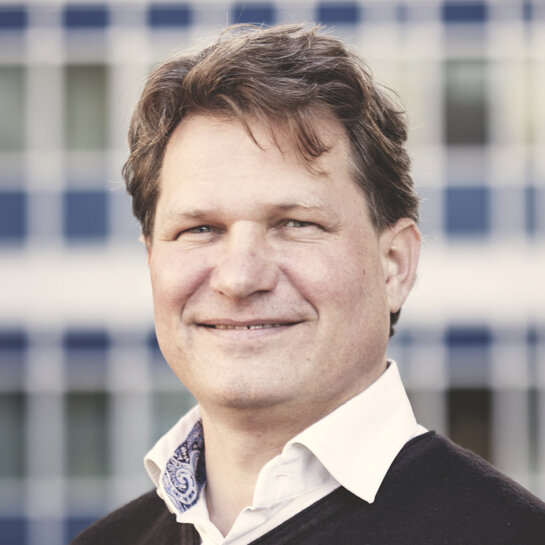
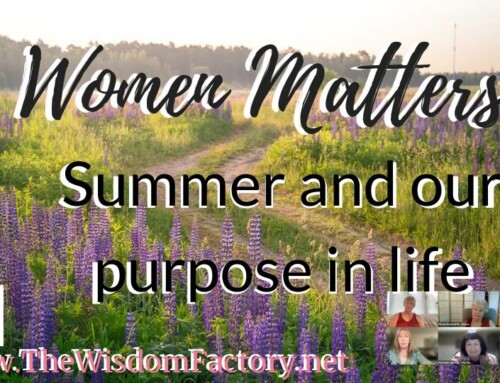
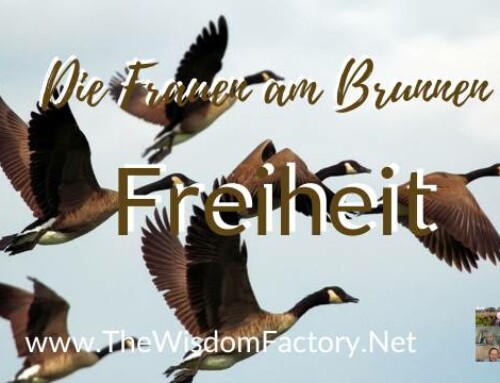


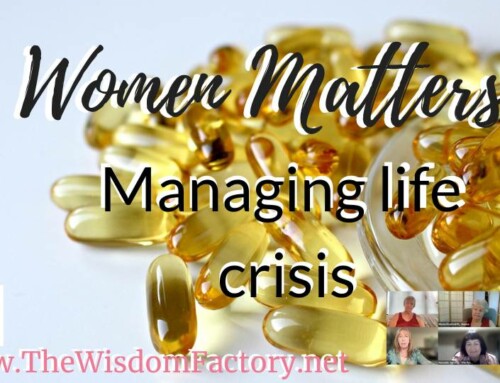
Leave A Comment